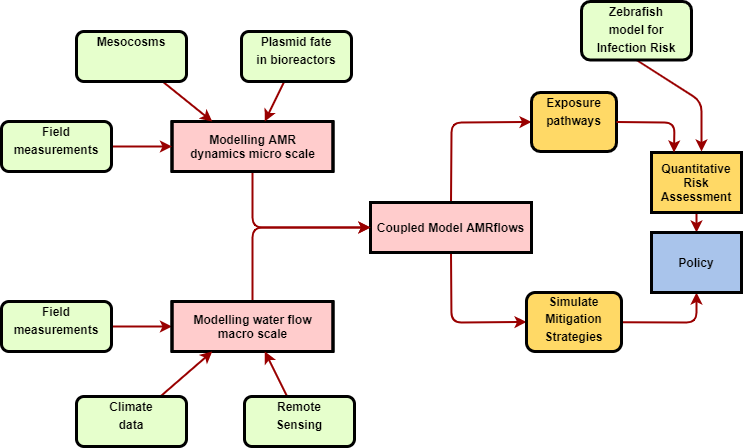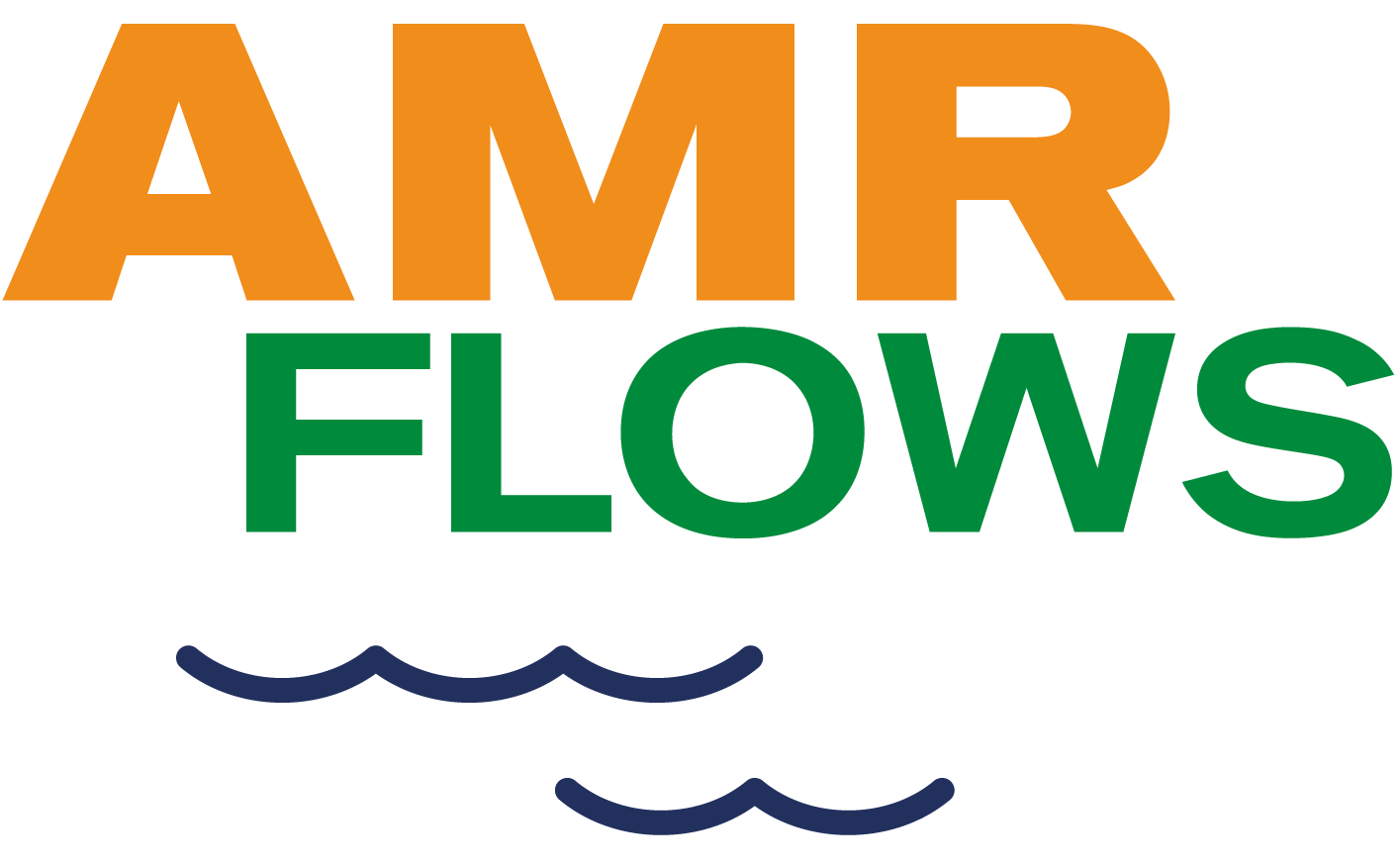Research Associate “Mathematical modelling of Antimicrobial Resistance dynamics in rivers in India”
We are looking for a mathematical modeller with an interest in the dynamics of Antimicrobial Resistance (AMR) in the environment, especially rivers polluted with waste from antibiotic production and sewage yet used by people.
This position will be central to a larger UK-India project, so enthusiasm to work closely with other modellers and experimentalists will be vital.
Our project “AMRflows: antimicrobials and resistance from manufacturing flows to people: joined up experiments, mathematical modelling and risk analysis” uniquely combines field sampling, mesocosm and laboratory studies with mathematical modelling of the population dynamics of sensitive versus resistant bacteria, plasmid transfer and selection by antibiotics and metals and mathematical modelling of water transport through the environment. This will lead to a quantitative risk analysis and identification of feasible and effective intervention strategies.
Strong experience with differential equation models will be essential. Experience with agent-based modelling and computer programming will be desirable, as is experience with population dynamics.

You will be based at the University of Birmingham, UK and supervised by Jan-Ulrich Kreft (School of Biosciences & Institute of Microbiology and Infection & Centre for Computational Biology) in partnership with Josh Larsen (School of Geography, Earth and Environmental Sciences, GEES). We hope it will soon be possible for the post holder to travel to our collaborators in India and stay there for several weeks.
If you want to make a difference to the AMR crisis and are keen to support other team members to achieve our aim of establishing the first predictive model of AMR selection and transport through the environment, please apply.
We will offer you the chance to excel as part of an international and interdisciplinary team, to develop your research skills and to educate your collaborators about your expertise and to communicate your results to scientific and lay audiences.
Anticipated start is August 2021. The position is for 27 months FT with a basic starting salary of £31k. The official job opening on the University of Birmingham job portal is https://bham.taleo.net/careersection/external/jobdetail.ftl?job=210000KS
Application closing date is 17 May 2021
More information on the aims of the project, the study sites and the team is available elsewhere on this website AMRflows.org
Please feel free to contact Jan Kreft (j.kreft@bham.ac.uk) if you have any questions.
